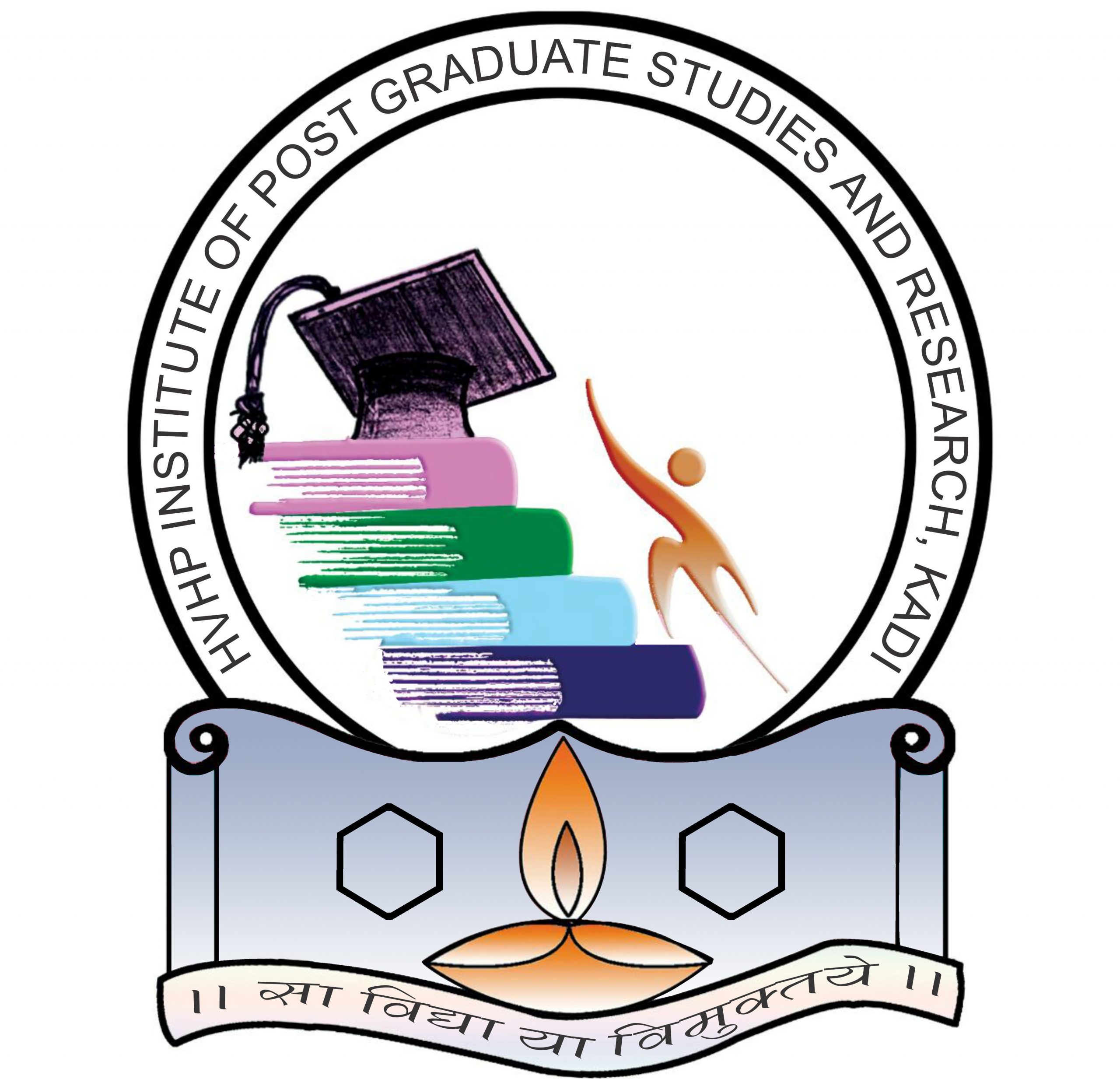- HOME
- ABOUT
- INFRASTRUCTURE
- FACULTIES
- Departments
- SYLLABUS CBCS
- B.Sc Syllabus as per NEP 2020
- Student development Activities
- IQAC
- Student Achievers’ Gallery
- Unit – Microbiologists Society, INDIA
- Events Organized by Institute
- Research
- RTI ACT
- CONTACT US
- Alumni
B.Sc. Microbiology Program
B.Sc. Microbiology is a three year UG Course that basically deals with the study of microorganisms, that is study of organisms which cannot observed by unaided eyes or without the help of microscope. The microorganisms such as bacteria, viruses, fungi, algae, protozoa etc are inevitable part of our life they are with us from cradle to grave. The study of these organisms and all aspects that affect various spectrums of our lives is the core essence of the subject. B.Sc. Microbiology course also focuses on research and knowledge related to cell biology, biochemistry, environmental microbiology, medical microbiology, Agriculture, food microbiology, fermentation technology, Pharmaceutical, Genetics etc. At KSV, the program is designed to offers specialization in Pathology and food microbiology. The specialization in Pathology and food microbiology sector is highly relevant for improving their skills and employability in health care as well as industrial sector.
Scopes after completion of B.Sc. Microbiology
A graduate degree in Microbiology can open up job opportunities of candidates in various unique profiles such as bacteriologists, virologists, cell biologists, Mycologists and many more.
- Higher Education: Candidates after completion of the course can opt for higher education’s by enrolling them in the M.Sc. programs such as M.Sc. Microbiology, M.Sc. Applied Microbiology, M.Sc. Medical Microbiology, and M.Sc. Microbial Genetics and Bioinformatics. A PG degree also increases the job prospect for the candidates. Candidates after B.Sc. can also opt B.Ed.(Bachelor of Education as well as MLT (medical laboratory technician) course.
- Research opportunities: Most of microbes quickly change their genetic structures. This opens up opportunities for research. Microbiologists continuously research microbes to understand the next wave of infectious diseases, the environmental impact of microbes, the effect on microbes on food products and many more.

